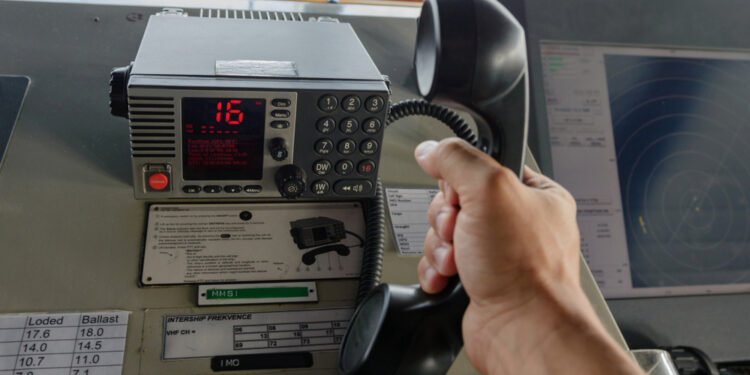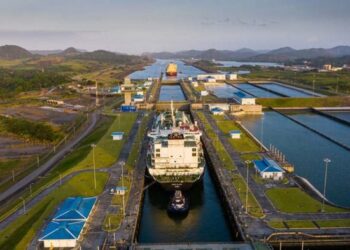The Liberia Maritime Authority has issued Marine Advisory to inform shipowners, operators and Masters onboard vessels about the regulatory changes that affect maritime radiocommunication equipment due to the new VHF frequency, applicable on 01 January 2024.
The advisory also provides guidance to ensure compatibility between VHF radiocommunication equipment installed on vessels and on shore, and the revised frequencies and channeling arrangements for the maritime VHF bands.
According to the Performance standards for shipborne VHF radio installations capable of communication and digital selective calling, VHF radiocommunication equipment should comply with the RR.
Requirements and Alternatives
Frequencies and channeling arrangements for the VHF bands:
1. The changes do not affect the designated VHF channels used for navigation safety, distress communications, and ship to ship VHF communications. The channels designated for use of the aforementioned communications are Channels 6, 13, 15,16, 17, and 70. These channels remain unchanged.
2. The changes to the VHF frequencies do not affect the AIS VHF channels (AIS1 and AIS2).
3. Some coast stations may change their operating channel designations or frequencies as a result of changes to the RR, but the timing of any change is a local matter.
4. A small number of 4-digit channel numbers are now explicitly stated in the RR. Radio operators should be aware of these new channels and the corresponding older 2-digit channel designations. Existing 2- digit, international, simplex channels are unchanged.
5. Where a frequency is supported by equipment in accordance with the RR, but the channel indication is no longer correct, a cross reference table should be displayed at the operating station(s).
Prior to any passage the Radio Operator / Master should review radio channel / frequency requirements for the ship’s/vessel’s area of operation, ensuring the radiocommunication equipment has the required capability.
Radio operators should refer to ITU List IV – List of Coast Stations and Special Service Stations or optionally the Admiralty List of Radio Stations (ALRS) to ensure that the on-board equipment is capable of operating on the frequencies necessary for the ship/vessel’s area of operation, e.g. to communicate with ports and coast stations. Please note that carriage on board of the ALRS is not mandatory for Liberian flagged vessels.































































